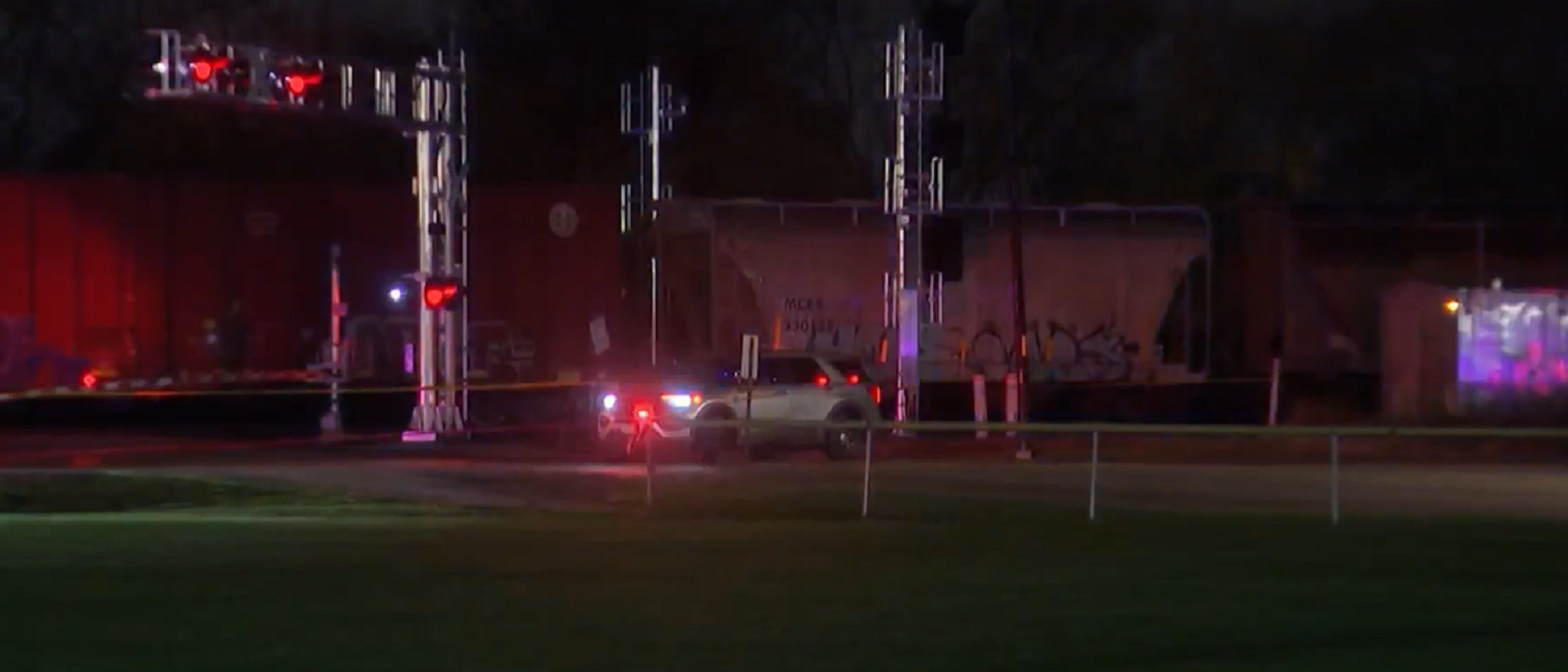
Anti-Semitism and attacks on LGBTQ+ and women's health increased in last three years in Illinois, according to the Anti-Defamation League.
In a new report, titled “Hate in the Prairie State,” the ADL Center on Extremism described what it called an “alarming trend of growing hate and extremism in Illinois.” It notes significant increases in anti-Semitic incidents, hate crimes and white supremacist activities in the last three years.
“We are deeply disturbed by the trends outlined in this report,” said ADL Midwest Regional Director David Goldenberg. “Tackling this problem requires a multi-faceted approach, including working with policymakers, anti-hate leaders, and the broader public to turn the tide,” he said.
Goldenberg unveiled the report surrounded by representatives of the AANHPI, Black, Jewish, LGBTQ+, immigrant and refugee, Latino, and women’s health communities as well as Illinois Attorney General Kwame Raoul. The news conference was held at the Chicago Loop Synagogue, which was defaced by a hate crime in 2017.
Among the findings:
- Anti-Semitic incidents have risen dramatically in recent years. In 2022, the number of incidents increased by 128% from the previous year, rising from 53 to 121. There has been a 430% increase since 2016.
- White supremacist propaganda: In 2022, ADL documented 198 instances of white supremacist propaganda distributions across Illinois, an increase of 111% from 2021.
- Hate crimes: According to the latest FBI hate crimes statistics available, there were 101 reported hate crimes in Illinois that targeted a variety of communities, including Jewish, Black and Asian American and Pacific Islander. This total was an increase of 80% from the 56 incidents recorded in 2020.
The ADL found increased activity against the LGBTQ+ community including the targeting of libraries. Similarly, it found increased threats directed at women’s health facilities in Illinois since last year’s Supreme Court ruling in the Dobbs case. The ADL said it also found a sizeable number of current and former law enforcement officers who have belonged to or have been associated with extremist organizations.
Local
Goldenberg said the current state of political discourse is helping drive politicians and their followers to activities that are incubators for hate.
“Things that politicians and elected officials would have said 10 years ago that would have disqualified them for office are getting five- to 10-point bumps in the polls,” he said.
Feeling out of the loop? We'll catch you up on the Chicago news you need to know. Sign up for the weekly Chicago Catch-Up newsletter.
The ADL report also includes policy recommendations designed to flight against extremism. They include:
- Convene cross-sector stakeholders to address hate-fueled violence.
- Prevent and counter domestic terrorism.
- Hold social media platforms accountable and enhance access to justice for targets of hate.
- Strengthen Illinois’ response to hate crimes.
- Protect civil rights.
Raoul said he is joining with colleagues around the nation to look at ways to stop social media companies from targeting hate messages at children.
The state of Illinois is also working on ways to better identify hate and how to stop it. Elana Kahn, the director of the state’s Commission on Discrimination and Hate Crimes said her office will be rolling out a help line next spring to support people who have experienced or witnessed bias or hate.
But experts warn that social changes, like the large numbers of migrants coming to Chicago from Texas, could spark even more hate incidents in the future.
“They are on the street, they are under viaducts and there are thousands of them. Then, unfortunately we are going to see more,” said Rich Van Hees, the director of development for RefugeeOne.
The full report is available at the ADL’s Website



